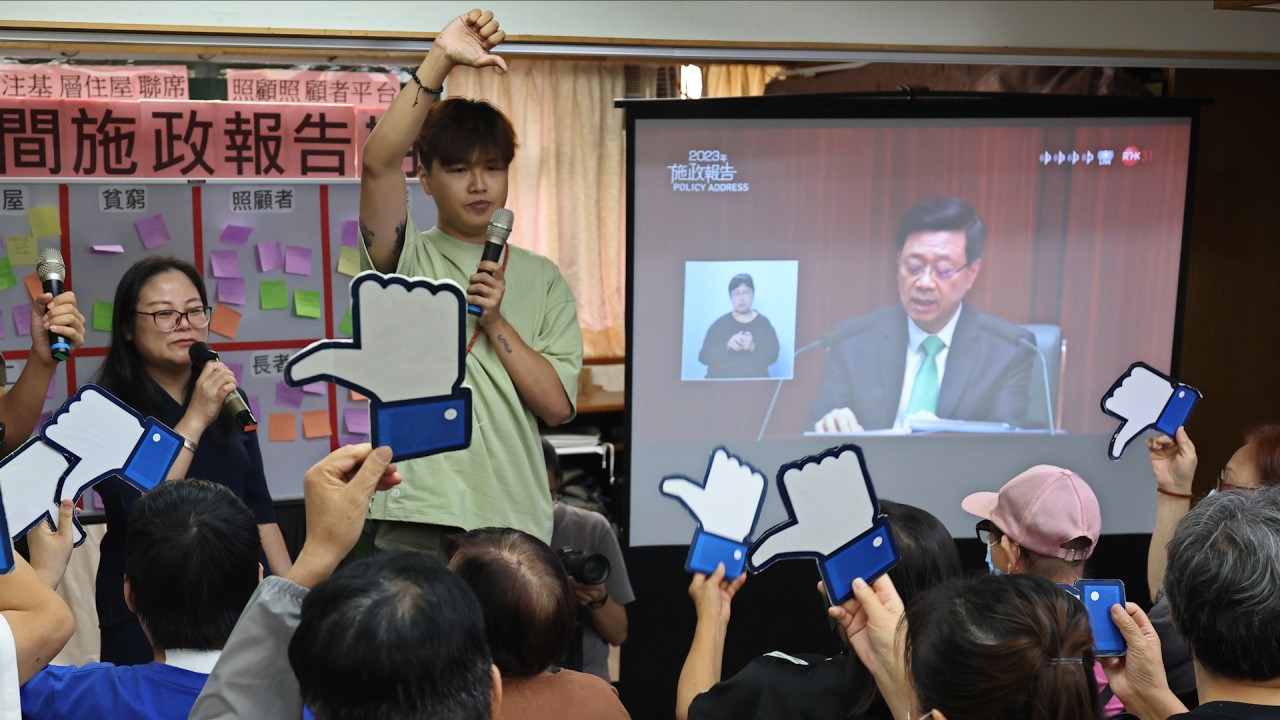The Hang Seng Index advanced 2.1 per cent to 17,398.73 at the close, bringing the gain to 1.3 per cent from last Friday. The Tech Index climbed 2.5 per cent while the Shanghai Composite Index added 1 per cent.
Wuxi Biologics surged 7.3 per cent to HK$47.75, and e-commerce platform operator JD.com rose 3.4 per cent to HK$101.40. Game operator NetEase climbed 3.5 per cent to HK$169.30, and Alibaba Group Holding added 3.3 per cent to HK$82.40. China Petroleum and Chemical Corp, or Sinopec, strengthened 2.7 per cent to HK$4.14 after third-quarter profit rose 38 per cent from a year earlier.
Limiting gains, China Life Insurance slid 0.7 per cent to HK$10.66, the biggest drag on the market, after its third-quarter profit plunged 99 per cent from a year earlier as investment gains narrowed.
EV battery maker Contemporary Amperex Technology (CATL) and air-conditioner maker Gree Electric Appliance, plan to spend as much as 3 billion yuan (US$410 million) each to buy back their Shenzhen-listed shares, according to exchange filings. CATL rose 3.7 per cent to 184.72 yuan and Gree added 2.5 per cent to 34.22 yuan.
Stock buy-backs “will stabilise liquidity on the market,” said Song Yiwei, an analyst at Bohai Securities in Tianjin. “Optimism has been growing after supportive policy measures such as the special government bond issuance.”
Policymakers in the mainland and Hong Kong have both ramped up efforts to revive growth. China this week unveiled a 1 trillion yuan special government bond issue to fund disaster relief and reconstruction, while the sovereign wealth fund bought exchange-traded funds tracking yuan stocks on Monday.
Elsewhere, Ping An Insurance, China Merchants Bank and Zijin Mining Group are among major companies publishing their third-quarter earnings later today. Nine Hang Seng Index members have reported so far, averaging an 11 per cent drop from a year earlier, according to Bloomberg data. Earnings rose 7 per cent in the first half of 2023.
Other major Asian markets traded higher. Japan’s Nikkei 225 climbed 1.3 per cent, while South Korea’s Kospi and Australia’s S&P/ASX 200 both added 0.2 per cent.


